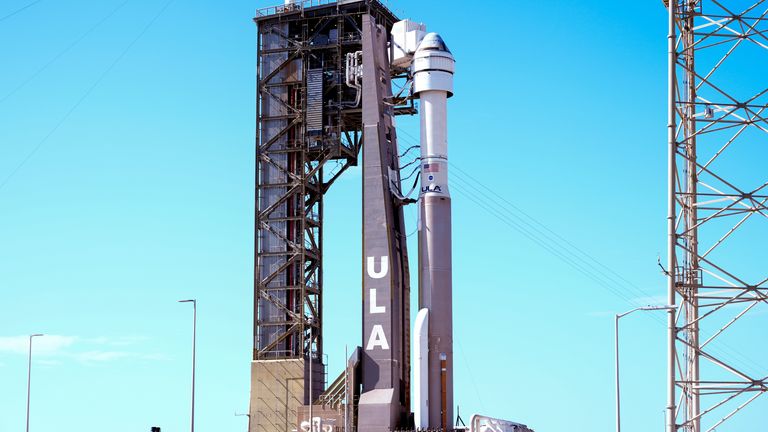Over 100 tornadoes have swept through the central and southern U.S. in just one week and an expert has an explanation for the increase.
Dozens of homes were destroyed in the storms in areas including Oklahoma, Nebraska and Iowa. One recent tornado in Oklahoma caused the deaths of at least four people, while hundreds of others were injured.
Although these areas are very susceptible to the weather phenomenon, it is quite surprising to have so many in a short space of time, CU Boulder Today, a news outlet for the University of Colorado, reported.
This recent surge of tornadoes was caused by El Niño, Andrew Winters, an assistant professor in the Department of Atmospheric and Oceanic Sciences at the university said in a CU Boulder Today article.
"It is somewhat surprising that we are seeing so many tornadoes. We are currently exiting a strong El Niño winter, a natural climate phenomenon typically associated with a lower likelihood of severe weather and tornado activity in the Central Plains," Winters told the outlet.
"During El Niño, the atmosphere can produce a strong subtropical air current. Any waves or fluctuation along the subtropical jet stream that makes the jet wavy can create an environment that facilitates the production of severe weather and tornadoes in the spring. This is what caused the tornadoes across the country over the last couple of weeks."
Tornadoes can form through any kind of severe thunderstorm, however most are a result of a supercell storm. Supercell storms are violent systems that circulate from above, usually lasting for an extended period. In these storms, the circulation grows in an upward direction, and then also downward, toward the floor. This is how a tornado forms.
Climate change could also be a factor. Previous studies have found that a warming climate is exacerbating the conditions ideal for extreme storms. However, Winters said that there are still "a lot of uncertainties" on how it impacts tornadoes.
Tornadoes, in general, are hard to predict and hard to study. Winters said that this is mainly because climate models do not have "fine enough resolution to simulate a tornado."
Another reason for this uptick in tornadoes is that the twister season in the southeastern U.S. is currently in full swing, the CU Boulder Today article reported.
"Typically, the tornado season begins around March in the southeastern United States, and the area most likely to experience severe weather will migrate westward toward the central and southern plains," Winters said.
"Once we get to summer months, especially June, we will begin to see various severe weather events from tornadoes to strong, damaging winds to large hail at higher latitudes in the plains like Colorado."
The question as to whether there will be more of these severe tornadoes as the season continues remains uncertain. Though difficult to predict, scientists do know of a number of indicators that suggest one is coming.
"If the subtropical jet stream stays relatively active, there could be a prolonged active period of tornadoes," Winters said. "Here in Colorado, we typically see the largest number of severe weather events in the months of May and June. We have a greater likelihood of tornadoes, extreme hail and strong, damaging wind gusts during that period. So that's something to keep an eye on in the next few weeks."
Do you have a tip on a science story that Newsweek should be covering? Do you have a question about tornadoes? Let us know via science@newsweek.com.
Disclaimer: The copyright of this article belongs to the original author. Reposting this article is solely for the purpose of information dissemination and does not constitute any investment advice. If there is any infringement, please contact us immediately. We will make corrections or deletions as necessary. Thank you.



